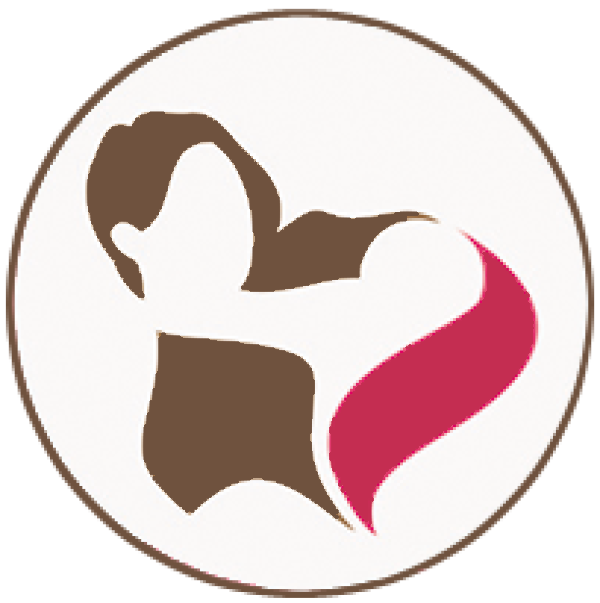Fatigue is a fact of life for new parents no matter how their newborn is fed. When sleep is at a premium, they may consider their alternatives.  If a new mother's partner takes over some night feedings, will she get more sleep? Will giving formula at night make baby sleep longer? According to research, neither of these strategies produces the desired results. One U.S. study of 133 new mothers and fathers during the first three months postpartum found that mothers who exclusively breastfed averaged 40 to 45 minutes more sleep at night than those whose babies also received infant formula. Why didn’t sharing night feedings help mothers sleep more? Because the mothers’ sleep was significantly disrupted while the baby’s father fed the baby. The researchers wrote:
If a new mother's partner takes over some night feedings, will she get more sleep? Will giving formula at night make baby sleep longer? According to research, neither of these strategies produces the desired results. One U.S. study of 133 new mothers and fathers during the first three months postpartum found that mothers who exclusively breastfed averaged 40 to 45 minutes more sleep at night than those whose babies also received infant formula. Why didn’t sharing night feedings help mothers sleep more? Because the mothers’ sleep was significantly disrupted while the baby’s father fed the baby. The researchers wrote:
“…formula feeding not only failed to improve parent sleep, but actually resulted in parents getting less sleep, even when fathers helped during the night with…feedings” (Doan, Gay & Lee, 2007, p. 204).
Exclusive breastfeeding leads to more sleep, and it also leads to better sleep. Compared with women without children and formula-feeding mothers with babies the same age, Australian research found that breastfeeding mothers spent more time in deep sleep (Blyton, Sullivan, & Edwards, 2002). The exclusively breastfeeding mothers had “a marked alteration in their sleep architecture,” giving them longer periods of slow-wave sleep, a type of deep sleep. The researchers concluded that “enhanced SWS may be another important factor to support breastfeeding in the postnatal period” (Blyton et al., 2002, p. 297).
References
Blyton, D. M., Sullivan, C. E., & Edwards, N. (2002). Lactation is associated with an increase in slow-wave sleep in women. Journal of Sleep Research, 11(4), 297-303.
Doan, T., Gardiner, A., Gay, C. L., & Lee, K. A. (2007). Breast-feeding increases sleep duration of new parents. J Perinat Neonatal Nurs, 21(3), 200-206.


